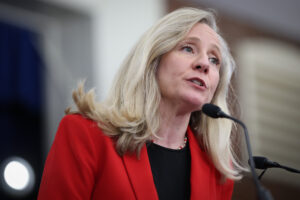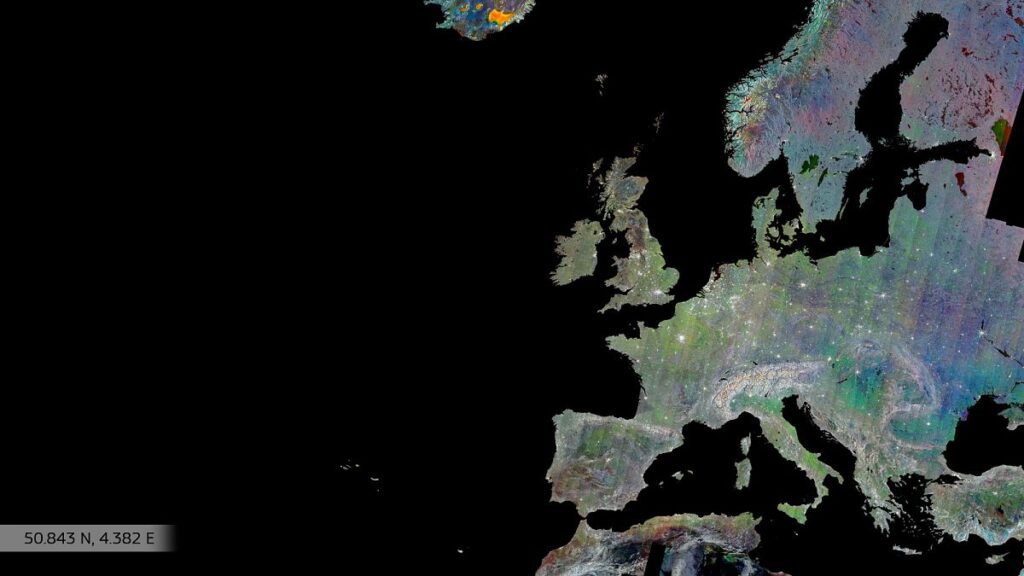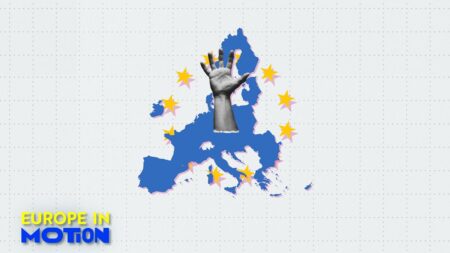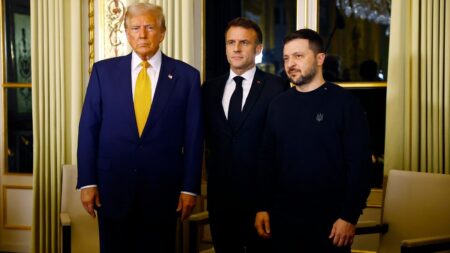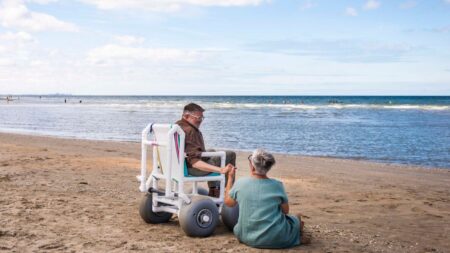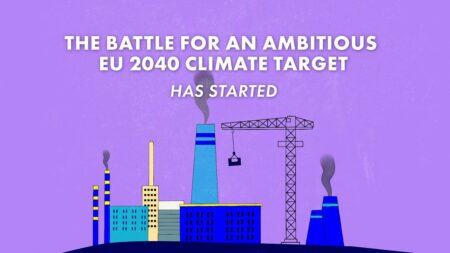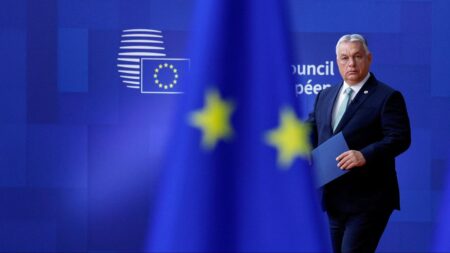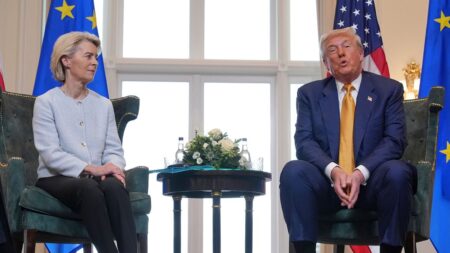Published on
•Updated
The heavy-lift launcher, developed over a decade by the European Space Agency (ESA) and ArianeGroup, was launched from Europe’s Spaceport in Kourou, French Guiana this Tuesday. After just over an hour, the satellite separated from the rocket and began its journey around the Earth.
With this new satellite the EU strengthens its position as a leader in Earth observation, according to Andrius Kubilius, EU Commissioner for Defence and Space.
What is Earth observation and why this matters?
Earth observation is the process of gathering information about our planet’s physical, chemical and biological systems – Europe relies on the Sentinel satellites from the Copernicus programme managed by the European Space Agency.
From measuring Arctic ice melt to mapping deforestation, the technology allows scientists to see changes in the environment with great precision.
The new satellite, Sentinel-5A, will be operated by the European Organisation for the Exploitation of Meteorological Satellites (EUMETSAT) and is designed to deliver high-quality data for forecasting extreme weather, tracking greenhouse gas emissions and monitoring ocean temperatures.
“Extreme weather has cost Europe hundreds of billions of euros and tens of thousands of lives over the past 40 years,” said EUMETSAT Director-General Phil Evans to Euronews. This launch is a “major step forward in giving national weather services sharper tools to save lives, protect property, and build resilience against the climate crisis.”
Timo Pesonen, Commission Director General for Defence Industry and Space said on social media his hope that the new Sentinel satellite will participate to track air quality and emissions worldwide to support EU policies like the Methane Strategy and Air quality Directive.
Europe’s independent path to space
The satellites programme Copernicus is the world’s most advanced fleet of Earth observation – however the EU lacked its own capacity to send those satellites into space. By coupling world-class satellite technology with independent launch capacity, Europe is positioning itself as a leader in both the science and infrastructure of Earth observation.
Until now, Europe’s space ambitions faced this practical challenge to get satellites into orbit without depending on outside players. With Russia’s Soyuz rockets no longer an option, the continent had become increasingly reliant on SpaceX, Elon Musk’s US-based company, for launches – an embarrassing ally.
Read the full article here


